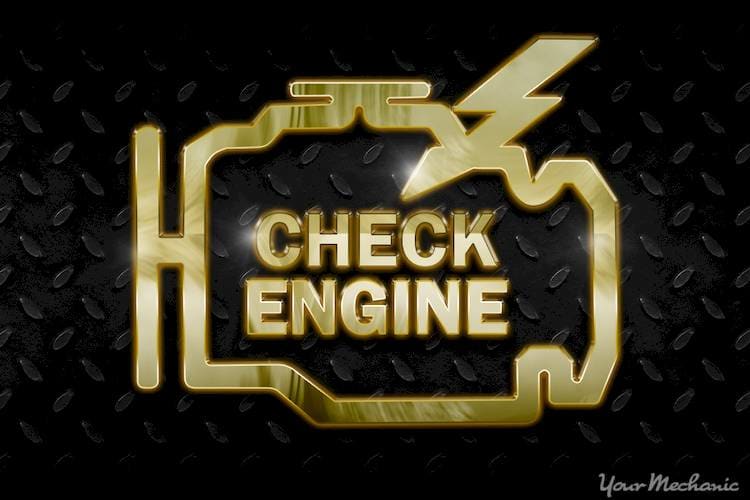P0190 trouble code definition
Fuel rail pressure sensor circuit malfunction
What the P0190 code means
The power control module (PCM) has detected that the fuel rail pressure sensor is not within range. This range has been set by the car’s manufacturer. When the PCM makes the determination that the fuel rail pressure sensor is outside of the predetermined range, it stores the P0190 trouble code and the Check Engine Light comes on.
What causes the P0190 code?
- Bad fuel pump
- Bad fuel pump driver/relay
- Bad fuel rail pressure sensor
- Clogged fuel filter
- Vacuum leaks
- Low or no fuel
- Wiring that is exposed, damaged, melted, or corroded
- Connectors that are exposed, damaged, melted, or corroded
What are the symptoms of the P0190 code?
- The Check Engine Light will come on.
- The car may not start.
- The car may take longer than usual to start.
- The car may hesitate upon acceleration.
How does a mechanic diagnose the P0190 code?
The first step for the mechanic is to inspect the wiring to the fuel rail pressure sensor and injectors. They will look for broken wires, melted wires, and corrosion and make repairs if necessary.
An OBD-II scanner will be used to get the freeze frame data and any other trouble codes that may have been stored by the PCM.
The mechanic will then test drive the vehicle after the trouble codes have been cleared.
If trouble code P0190 does not return right away, this is an indication that there may be an intermittent problem.
If the car does not start, the mechanic will use a fuel pressure gauge to check the fuel pressure. If the fuel pressure is low, it is possible that there is no gas in the car. If the car does have gas, listen to make sure that the fuel pump is operating.
If the car will not start but the fuel pump is operating, the fuel filter may be clogged, or there may be an issue with the fuel injector circuits and/or PCM.
If there is no sound coming from the fuel pump, the easiest way to determine whether the fuel pump is defective, is to tap on the fuel tank and attempt to start the car.
If the car starts successfully, this is an indication that the fuel pump needs to be replaced. If the car does not start, test the voltage at the fuel pump connector.
The mechanic will then check the voltage at the fuel pump connector so see if the fuse, fuel pump relay, and PCM circuitry should be inspected. If the fuse, fuel pump relay, and PCM circuitry are operational, inspect the fuel rail pressure sensor.
Inspect the wiring to the fuel rail pressure sensor. Look for wires that are broken or wires that have melted.
Use the OBD-II scanner to make a determination as to whether the fuel rail pressure sensor is operational. If the wires have passed inspection but the fuel rail pressure sensor is not working properly, the sensor will need to be replaced.
In some rare cases there has been a problem with the Power Control Module (PCM). To make this determination, the mechanic will need to go through even more advanced diagnostics.
Common mistakes when diagnosing the P0190 code
In many cases, the problem is that there is no gas in the fuel tank, and filling the gas will solve the problem. Therefore, replacing the fuel rail pressure sensor should not be the first thing that is done.
How serious is the P0190 code?
The P0190 trouble code is considered a serious one. The driveability issues that present as symptoms for this code make driving the vehicle difficult and potentially dangerous. Therefore, the P0190 trouble code requires immediate attention.
What repairs can fix the P0190 code?
- Checking the fuel level and refilling it with gas if necessary
- Repairing any wires that are broken or wires that have shorted out
- Repairing corroded wiring or connectors
- Replacing a clogged fuel filter
- Replacing the fuel pump relay
- Replacing the fuel pump fuse
- Replacing the fuel pump
- Replacing the fuel rail pressure sensor
Make sure to check the fuel levels because it is possible that the solution is just to put gas in the car. Low fuel levels are known to cause the P0190 trouble code. Also, be sure to check all of the components of the fuel system before replacing the fuel rail pressure sensor.
Need help with a P0190 code?
YourMechanic offers certified mechanics who will come to your home or office to diagnose and repair your vehicle.
Get a quote and book an appointment online or speak to a service advisor at 1-800-701-6230.
Check Engine Light
P0190
trouble codes
No more waiting rooms! Our mechanics will come to you to diagnose and fix the P0190 code.





